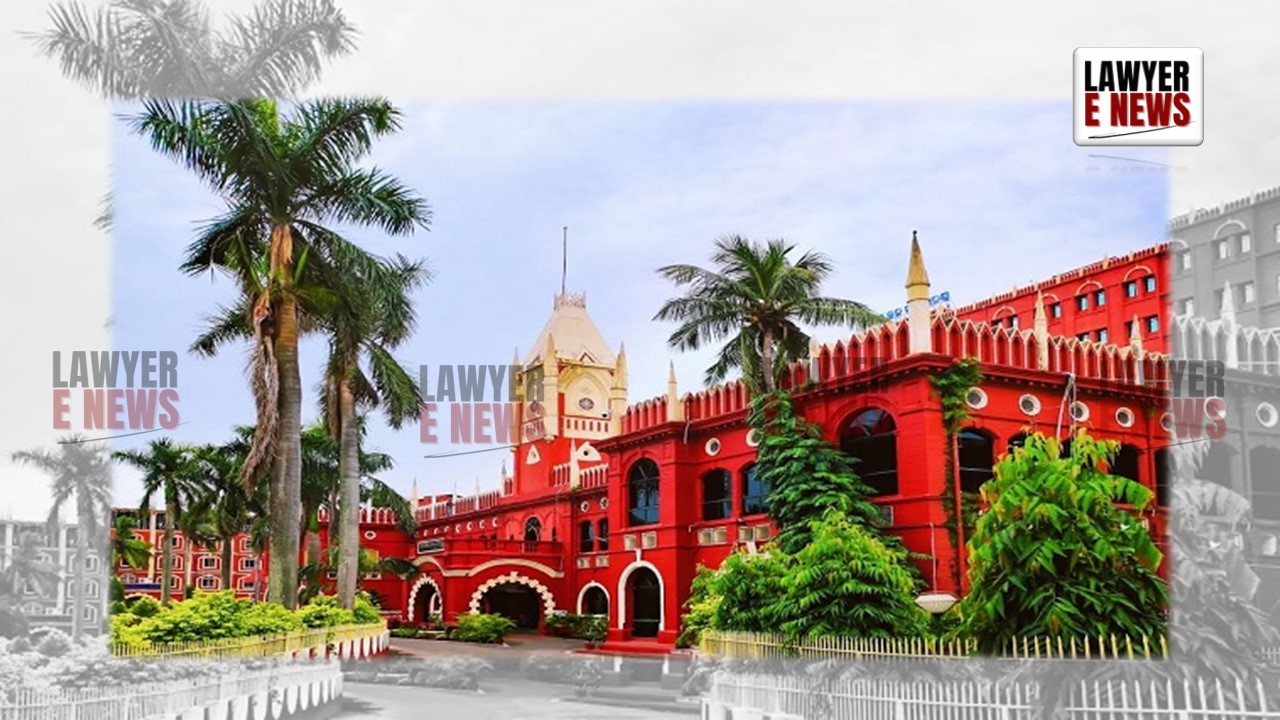-
by Admin
15 February 2026 5:35 AM



Orissa High Court dismissed a batch of writ petitions challenging the imposition of additional fees under the Central Motor Vehicles (Twenty-Third Amendment) Rules, 2021. The court upheld the validity of the amended provisions, which levy additional fees for delayed renewal of registration and fitness certificates, relying on a recent Bombay High Court judgment affirming the Central Government's power to impose such fees.
The petitioners contested the legality of amendments to Rule 81 of the Central Motor Vehicles Rules, 1989, introduced through a notification dated October 4, 2021. These amendments imposed monthly additional fees for delays in renewing vehicle registration and fitness certificates. For instance, non-transport vehicles incur a fee of ₹500 per month, while the delay in renewing a fitness certificate for transport vehicles older than 15 years attracts a daily fee of ₹50.
The petitioners argued that the amendments were beyond the powers granted to the Central Government under the Motor Vehicles Act, 1988, citing prior judgments such as Chennai City Auto Ootunargal Sangam v. Ministry of Road Transport and Highways, where the Madras High Court quashed a similar 2016 notification.
________________________________________
The court addressed the question of whether the Central Government could impose additional fees under Rule 81. It observed that Section 211 of the Motor Vehicles Act empowers the government to prescribe fees for services rendered under the Act:
"Section 211 vests power with the Central Government to levy fees for processing delayed applications for purposes such as renewal of driving licenses or vehicle registration."
Relying on the Bombay High Court's judgment in K’ Savakash Auto Rickshaw Sangha v. Union of India, the Orissa High Court stated:
"Levying additional fees for delayed applications is not a penalty but a measure to incentivize timely compliance, falling well within the statutory framework."
The court emphasized the principle of judicial comity, noting that the Bombay High Court had already upheld the validity of similar amendments. It observed:
"Judicial discipline requires High Courts to accord respect to rulings of other High Courts unless compelling reasons justify a divergent view."
This principle, the court noted, promotes uniformity in the application of national laws:
"Divergent rulings on the same Central legislation across jurisdictions undermine consistency and legal predictability."
Addressing the petitioners' contention that the fees were punitive, the court clarified:
"Fees for delayed renewal serve as a facilitative mechanism, providing an opportunity to comply beyond the prescribed period, and cannot be equated with penalties."
The Orissa High Court dismissed the petitions, affirming the competence of the Central Government to impose additional fees under the Motor Vehicles Act. The court deferred to the Bombay High Court’s reasoning and upheld the amendments as a legitimate exercise of rule-making power.
The judgment concluded:
"Imposing additional fees for processing delayed applications aligns with the purpose of the Motor Vehicles Act, incentivizing compliance while ensuring procedural flexibility for vehicle owners."
This judgment underscores the judiciary's adherence to the principle of comity and its commitment to a unified interpretation of central legislation. By upholding the amendments, the court reinforces the Central Government's authority to regulate compliance through fee structures rather than punitive measures.
Date of Decision: November 26, 2024
